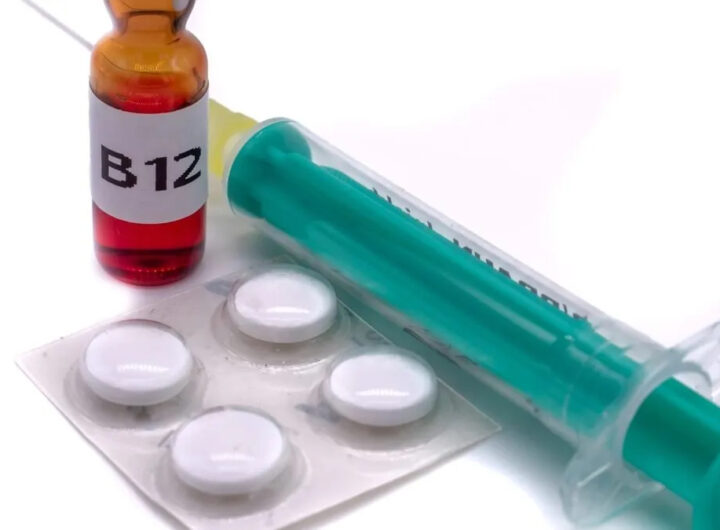
Surely based on what we know you have thought about methylphenidate (the medication they give to people with ADHD) or amphetamines, after all this is what has always been said that students used for important exams. Today we are not talking about them but about a new one: Modafinil which is easily available on RXShopMD.
What is Modafinil?
It is a neuro-stimulant that promotes alertness and is also neuro-protective. It is used as a treatment to combat drowsiness in disorders such as narcolepsy, obstructive sleep amnesia and sleep disorders due to shift changes. Despite not being approved, it is also believed to be effective in treating ADHD, Parkinson’s, depression, opioid and cocaine dependence and Schizophrenia.
It is still unknown exactly how this medication works, at the moment everything indicates that it increases the release of monoamines, specifically norepinephrine and adrenaline. In addition, this drug increases the levels of histamine in the hypothalamus, hence it is not included in the group of amphetamines but as “agent that promotes the waking state.”
It seems to be a drug that maintains its effectiveness over time, does not produce tolerance or addiction. It also does not present a withdrawal syndrome and its side effects are few and infrequent. All this makes that it has obtained the name of “the first safe intelligent drug” and that people are already using it (illegally) to study during periods of exams.
What does the study say?
Between 1990 and 2014 two scientists of the University of Oxford and the Harvard Medical School studied the cognitive improvement produced by the use of Modafinil in healthy subjects. Their results were published in the European Neuro-psychopharmacology journal.
In this study subjects did not show notable improvements in working memory, attention or flexibility of thought, but they did show significant improvements in decision making, problem solving and planning (fluid intelligence). In fact, the drug was more effective the more complicated was the test or test that was exposed to the subjects. It seems that it is the higher cognitive functions that benefit from this drug.
Conclusions:
This study is a pioneer in its field since there are few studies that evaluate the effects of drugs designed specifically for a specific diagnosed case and then used in healthy normal population. It is the first study to analyze a drug that makes us smarter, that increases our capacity (without needing it to be reduced by a disorder).
Anyway, there is the debate about what would happen if something like that were legalized, what consequences it would have for mental and brain health. How all drugs have important side effects (may be less frequent or serious than other drugs but they are there): vomiting, emotional instability, skin disorders, anxiety, palpitations, increased heart rate, can increase the convulsive threshold of epilepsy, alter the functioning of hormonal contraceptive medication, can produce ataxia, paresthesias, metabolic and respiratory alterations, etc …
Then it remains to comment what would happen if we took the brain to the top (or a more intense operation) for long periods of time, as a machine that is our brain that could wear parts that are designed for regular operation and not a doped one . But that we can not know until more studies arise in this regard. In the study they clarify that there is little data on long-term use. Continued use could produce opposite effects, as with other stimulant drugs. In any case, this study focused its research more on sporadic-occasional use.

 How Botox Ft. Lauderdale Works?
How Botox Ft. Lauderdale Works?  Menopause Treatment Options for the Average Age of Woman
Menopause Treatment Options for the Average Age of Woman  How to Get Your Anxious Child to The Dentist
How to Get Your Anxious Child to The Dentist  The obligations of the doctor towards his patients
The obligations of the doctor towards his patients  Getting a Makeover to Be a Better Mommy
Getting a Makeover to Be a Better Mommy  A wide selection of Colorado Medigap plans is available online to view and compare
A wide selection of Colorado Medigap plans is available online to view and compare  Vitamin B12 Delivered: Exploring Trusted Online Sources in the UK
Vitamin B12 Delivered: Exploring Trusted Online Sources in the UK  Los Angeles Hospice Care Caring for Your Loved Ones
Los Angeles Hospice Care Caring for Your Loved Ones  Compassionate Hospice Care in Los Angeles Your Supportive Partner
Compassionate Hospice Care in Los Angeles Your Supportive Partner  The use of automated external defibrillators in the workplace
The use of automated external defibrillators in the workplace